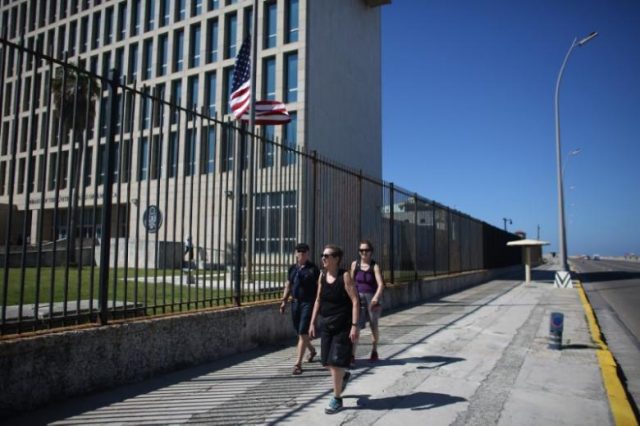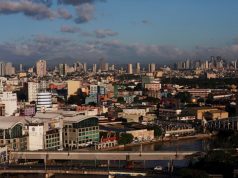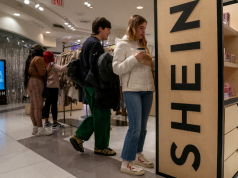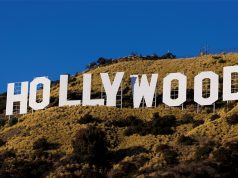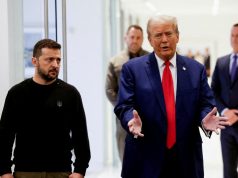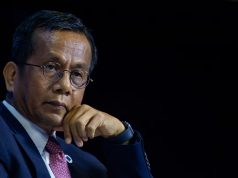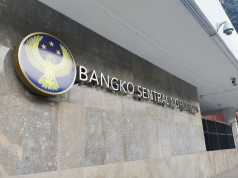WASHINGTON/HAVANA – The United States on Friday cut its diplomatic presence in Cuba by more than half and warned US citizens not to visit because of mysterious “attacks” that have caused hearing loss, dizziness and fatigue in US embassy personnel.
The US embassy in Havana will halt regular visa operations for Cubans seeking to visit the United States and offer only emergency services to US citizens, steps that may further erode the US Cuban rapprochement begun by former President Barack Obama.
The partial evacuation, while depicted as a safety measure, sends a message of US displeasure over Cuba’s handling of the matter and delivers another blow to Obama’s policies of engagement with Cold War foe Cuba.
The Communist Party-run Cuban government was already dealing with several delicate matters – the aftermath of Hurricane Irma, a steep decline in aid from important socialist ally Venezuela and political transition as President Raul Castro steps down next year.
Cuba’s Foreign Ministry chief for US Affairs Josefina Vidal said: “We consider the decision announced today by the US government through the State Department is hasty and will affect bilateral relations.”
Vidal, in a briefing on state-run television, said Cuba was still keen to cooperate with US authorities to clarify what happened.
Officials in President Donald Trump’s administration stressed the United States was maintaining diplomatic ties with Cuba.
Twenty-one US embassy employees in Cuba have been injured and reported symptoms such as hearing loss, dizziness, headache, fatigue, cognitive issues, and difficulty sleeping, the State Department said.
“Until the government of Cuba can ensure the safety of our diplomats in Cuba, our embassy will be reduced to emergency personnel in order to minimize the number of diplomats at risk of exposure to harm,” Secretary of State Rex Tillerson said in a statement.
The Cuban government has denied any role and is investigating. The Federal Bureau of Investigation has been looking into the incidents, a US law enforcement official said, but so far has not determined the cause.
A senior State Department official said neither the U.S. nor Cuban governments had been able to identify who was responsible but stressed that “the government of Cuba is responsible for taking all appropriate steps to prevent attacks on our diplomatic personnel in Cuba.”
In a travel warning, the State Department bluntly said “because our personnel’s safety is at risk, and we are unable to identify the source of the attacks, we believe U.S. citizens may also be at risk and warn them not to travel to Cuba.” A State Department official said most visa processing had been suspended in Havana. “Cuban applicants for nonimmigrant visas may apply at another US embassy or consulate overseas.”
The State Department said the attacks on US embassy personnel had occurred at “US diplomatic residences and hotels frequented by US citizens.” No tourists are known to have been injured in the attacks.
Canada said it has no plans to change its travel advice for Cuba or to remove any Canadian staff from its embassy there, though some staff have experienced some unusual symptoms, a spokesman for Foreign Affairs Minister Chrystia Freeland said on Friday.
Diana Rodriguez, 52, who sells handicrafts in Old Havana, said she had a visa appointment in October so she could visit family who live in Florida.
“I won’t ever go there now,” she said furiously. “This is a really strong blow that affects regular Cubans on the street. It’s just unheard of. What is going on with this man? Neither Bush nor his father were such sons of bitches.”
PRETEXT?
Trump in June vowed to partially roll back the detente with Cuba agreed by his Democratic predecessor, Obama, and called the Cuban government “corrupt and destabilizing” in his address to the United Nations General Assembly this month.
Engage Cuba, a Washingon-based lobbying group, said the decision was “puzzling” given that American travelers had not been targeted. It said halting the visa process in Cuba and discouraging Americans from going there “will divide families and harm Cuba’s burgeoning private sector, civil society groups and efforts to improve human rights on the island.”
“I haven’t felt in danger at all. The people are very friendly, it’s a very safe culture … I don’t feel threatened at all here, I think its a really safe place to be,” American visitor Joey Branch said.
U.S. lawmakers took positions on the issue that appeared to reflect their wider perspective on engagement with Havana.
Senator Patrick Leahy, a Democrat who favors normalization, suggested the attacks may be an attempt to undermine this.
“Whoever is doing this obviously is trying to disrupt the normalization process between the United States and Cuba. Someone or some government is trying to reverse that process,” Leahy said in a statement.
Marco Rubio, a Florida Republican and frequent critic of the Cuban government, called for harsher measures.
“Until those responsible for these attacks are brought to justice, the U.S. should immediately expel an equal number of Cuban operatives, downgrade the US embassy in Havana to an interests section, and consider re-listing Cuba as a state sponsor of terrorism,” Rubio said in a statement.
American Tour Operators in Cuba, which counts more than 50 US companies, criticized the travel warning.
“The motivation for the US government to issue today’s Travel Warning for Cuba is difficult to understand given that the facts and circumstances of these mysterious incidents have never posed a tangible threat to American visitors in Cuba.”
American Airlines and United Airlines, both of whom have applied for additional flights to Havana, said the travel warning would not affect their current operations to Cuba.
JetBlue Airways said it would waive change and cancellation fees for Cuba flights booked on or before Sept. 29.
Airbnb spokesman Nick Papas said its operations in Cuba would continue. Cuba reported four million arrivals last year, of which 285,000 were Americans.

